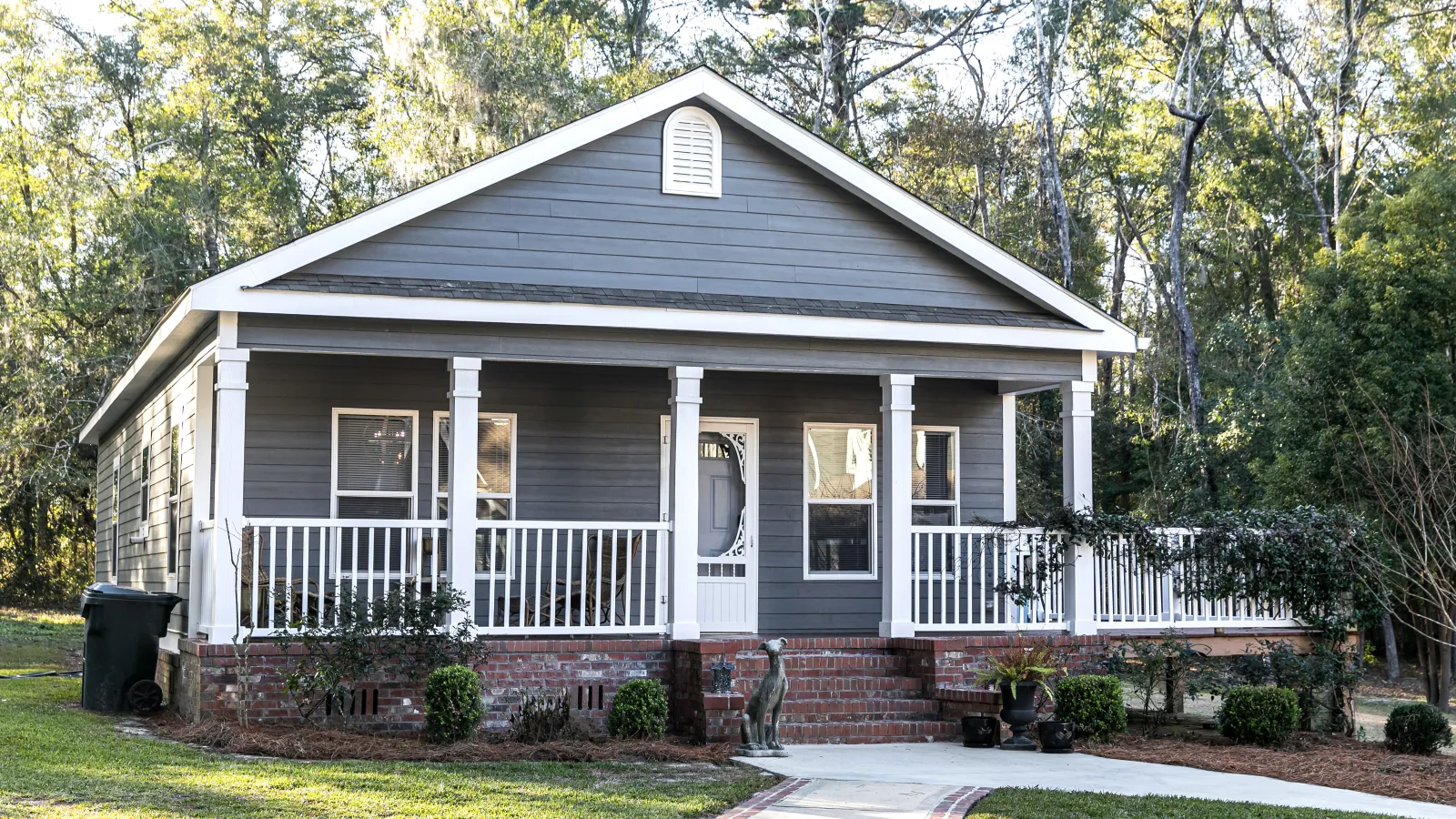Most of us would like to forget about the winter we just went through. The cold, the snow, the frozen pipes, the cabin fever, the extra blankets at night to keep warm.
No one in Chicago wants to be reminded that they just experienced the coldest winter on record. From December through March the average temperature was just 22 degrees. The fact that 92% of Lake Michigan froze over was also a record!
No one in Detroit wants to be reminded of their record-breaking snowfall. In fact, cities throughout the East and Midwest experienced double their average winter snow accumulation, and Washington DC had TRIPLE their average winter snowfall!
I could go on, but best to let 4 bone-chilling Polar Vortexes lie. Unfortunately, while the super cold winter weather may be gone, those supersize heating bills are still pouring in.
USA Today reports that heating bills are expected to rise "in every region for every kind of fuel and nearly double for some homes in the Midwest". The persistently cold weather in the Midwest and East drove up demand, depleted inventories, and drove the cost of fuel up.
According to the U.S. Energy Information Administration (EIA), the average costs for heating a home with propane is expected to cost more than twice as much as it did a year ago. The cost for natural gas jumped an average of 10%, oil is expected to go up 7%, and electricity 5%. These are significant increases for most homeowners and they are not likely to drop anytime soon.
According to the EIA, from October through February the average number of days that U.S. homes turned on the heat was 13% higher than the prior winter! Of course, much of that was due to the fact that the Midwest and the South were 19% colder than the prior winter.
First the Polar Vortexes…now the high heating bills. But it's important to remember that you aren't paying to heat the air outside your home, you're paying to heat the air inside your home! So that's why properly insulating your home is so critical.
The U.S. Department of Energy (D.O.E.) has found that "heating and cooling account for 50 to 70% of the energy used in the average American home. Inadequate insulation and air leakage are leading causes of energy waste in most homes."
The D.O.E. goes on to state: "Insulation saves money and our nation's limited energy resources, makes your house more comfortable by helping to maintain a uniform temperature throughout the house, and makes walls, ceilings, and floors warmer in the winter and cooler in the summer."
If Big Chills=Big Bills in your home, it's definitely worth finding out how insulation can cure your "Big Ills".
To learn more about the importance of insulation, go to the U.S. Department of Energy Insulation Fact Sheet.




